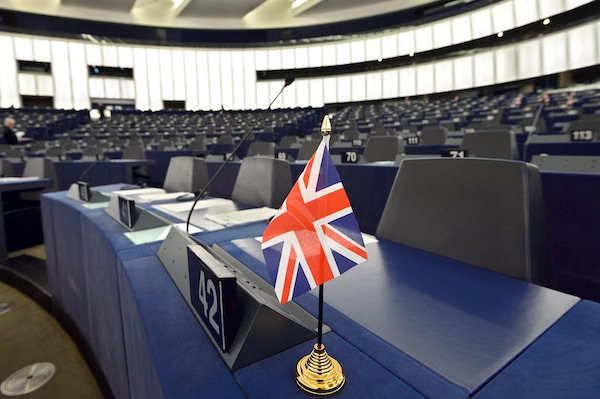David Cameron will come under increasing pressure in the next few months to publish his ‘shopping list’ of reforms he wants from a renegotiation of Britain’s relationship with Europe. Even those who want to know what the Prime Minister is really thinking accept that this is not a good idea, as he would neither satisfy the spectrum of views across his party, nor impress them when he returned with only 14 out of 20 demands granted (even if those 14 reforms were very impressive ones).
But the Tory party has been consulting its members on the powers that they would like to see returned to national governments. I’ve got hold of the results, which underline how big the expectations are on Cameron to bring about big change in Europe.
For starters, members said they either wanted the European parliament abolished or made smaller and more powerful. The report said:
‘They believe also that the European Parliament as an institution is deeply flawed. It is too large, has too little power in comparison to the Commission, is not accountable enough – in part due to an unpopular electoral system – and should not at any rate, challenge the sovereignty of national parliaments. Either the parliament should be made smaller and more powerful, or it should be abolished in favour of national legislatures.’
OpenEurope’s viral video published today of MEPs allegedly signing on for their members’ allowances and then leaving pretty sharpish goes some way to illustrating some of the other problems over in Brussels.
The consultation results have been sent to Europe Minister David Lidington, and include members’ own shopping list of powers that they really don’t like, illustrated in this graph:

Some of the areas that members believe are improved by European co-operation are particularly interesting: tackling climate change and pollution is listed as a ‘beneficial EU competences’, albeit with a relatively low level of support. Unsurprisingly, the consultation found members had stronger views about the powers they want Britain to take back, with employment and welfare regulation top of the list, followed by legal rulings/human rights, fishing, agriculture, border controls/immigration, financial regulation, health and safety, international aid, and the EU arrest warrant.
They also told the party that they were anxious ‘that previous calls for a referendum have led to some confusion and disillusionment among both members and non-members’ and asked for either legislation guaranteeing the referendum or a ‘red line’ commitment to the vote in future coalition negotiations. Cameron is doing his best with the former, and has already confirmed that the latter will be the case for the 2015 manifesto. He will have learned from that ‘confusion and disillusionment’ over previous calls for a referendum that his best bet is to avoid setting out any more detail than he really has to ahead of that settlement.







Comments